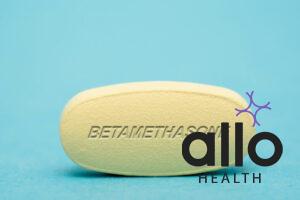Causes Of Vaginal Dryness

Vaginal dryness can occur due to various factors, impacting women of different ages and stages in life. It’s commonly associated with hormonal changes, particularly during menopause when estrogen levels decline. This decrease in estrogen leads to thinning of the vaginal walls and reduced production of natural lubrication, making intercourse uncomfortable or painful.
Other causes include certain medications like antihistamines and antidepressants, which can interfere with moisture production in the vaginal area. Psychological factors such as stress, anxiety, or relationship issues can also contribute to vaginal dryness by affecting natural lubrication mechanisms American College of Obstetricians and Gynecologists.

Furthermore, medical conditions such as Sjögren’s syndrome, an autoimmune disorder, can impact mucous membranes including those in the vagina, leading to dryness.
Managing vaginal dryness involves addressing the underlying cause. Options may include vaginal moisturizers or lubricants to alleviate discomfort during intercourse, hormonal therapy if appropriate, or lifestyle adjustments such as stress reduction techniques and staying hydrated.
Vaginal dryness can result from hormonal changes, medications, psychological factors, or medical conditions impacting lubrication in the vaginal area.










